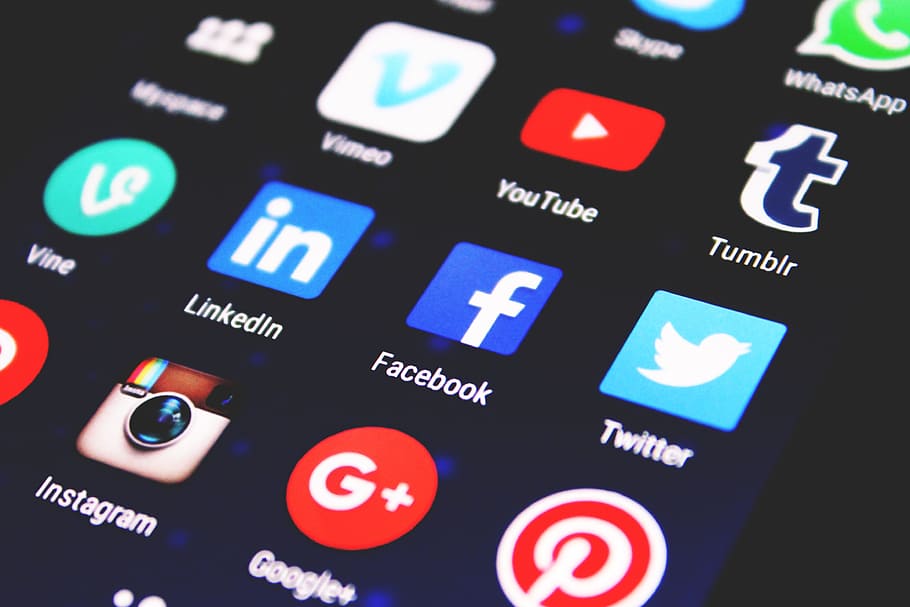
One recent Monday, we were united in a shared experience: attempting to access our Facebook and Instagram accounts, only to find that we could not.
On its face, this hardly seems like the end of the world. We reached out to one another (via text and Twitter, of course) to gauge how widespread the problem was, then to watch as reports of catastrophic outages poured in. But the problem was significant. Both social media services, as well as messaging app WhatsApp — all three of which are owned by tech giant Facebook — were out of commission for the majority of the day.
That’s more than a mere hiccup for the 3 million businesses on Facebook, and the whopping 200 million businesses on Instagram, who rely upon these platforms to reach current and prospective customers. It’s doubly frustrating when one takes into account how costly — with people funneling billions of dollars each year into social media ad campaigns — and unwieldy these platforms can be for entrepreneurs to manage.
In the past, social media sites — in particular, Facebook and Instagram — were touted as technologically and financially accessible options for marketing one’s business, particularly for those at the beginnings of their startup journeys. It’s certainly advice we’ve heard before. And perhaps they once were — but today’s women entrepreneurs are finding the reality of social media marketing to be far more complicated, and far more costly, than initially promised.
Kate De Palma, owner of Scented Designs, a candle business in San Jose, California, spoke to the perpetual frustration. “As a small business with limited resources, we simply cannot keep up with the ever-changing world of Instagram and Facebook. Just as we learn the latest version of how to be successful on the platform, it has already changed — at least once,” she says. “The algorithms, the [Instagram] Reels, the hashtags, the impact of saves versus likes versus comments versus shares — it’s impossible to keep up with big businesses and use these platforms in a way that justifies the time spent on them.”
Nicole Johnson, owner and president of The Baby Sleep Site in Westerville, Ohio, also pushes back at the notion that social media marketing is, or ever was, a breeze. “Sure, you can post on Facebook or Instagram — but no one sees it unless you boost the post in some way. Even then, it only reaches a fraction of people,” she says. Crafting the ads is no picnic either, she adds. “I find the ad creation program very difficult and confusing to use. It takes me twice as long to set up an ad, only to find it isn’t working a day or two later, showing zero impressions.”
And to be sure, one must pay to play in order to yield any significant traction on a post, since organic reach has been declining steadily for the past couple of years. “Calling Facebook ‘free’ is like calling a gas station free because they let you pump your gas,” concludes Geri Terry, co-founder of Houston-area e-commerce bakery Ketonia. “Yes, you can post on Facebook for free, but until you have a large following built up, no one will see your post unless you pay Facebook to show it to them.”
The labor-intensive, time-consuming nature of effectively leveraging social media for marketing purposes has necessitated hiring experts to do the job — or at the very least, having an in-house team on the case. It’s a headache even for bigger businesses.
But what about smaller firms, with smaller teams and smaller budgets? What are women entrepreneurs doing to get the word out, if Facebook and Instagram aren’t as easy, or as effective, as once hoped?
Well, finding alternatives is a frustrating prospect in and of itself, says Liraz Birnbaum, founder of Southern California succulent seller Lula’s Garden. “While there are emerging apps that are taking on more traction from businesses for cheaper, such as Tik Tok, Facebook and Instagram still remain extremely important for advertisers,” she says.
But some have found site traffic success in creating and sharing evergreen original content — such as through an on-site blog — rather than simply relying upon sharing images or status updates to engage users and bring them to their sites. Newsletters have also been useful for keeping in more direct contact with customers, women entrepreneurs told us. Others still extolled the virtues of focusing on search engine optimization over social media, as well as investing in Google Ads over Facebook ones.
As for alternative apps, Ketonia’s Terry says Pinterest has been helpful, especially as a verified user. But she also acknowledges that the food-centric nature of her business might make it easier for her to flourish there than others. “My advice is to try all of the social media channels and see what works for you.”
A multi-pronged strategy would certainly come in handy should any of these platforms fail — as we recently learned they can, no matter how big they are. That’s the path consultant Shanel Evans took, by putting together a marketing plan that includes newsletters, TikTok and LinkedIn, as well as social audio app Clubhouse.
“I have a layered approach to my marketing,” she says. “I don’t want to be caught off guard with platform outages or rely too heavily on one platform to reach and attract clients.”


![As businesses go online, a strong social media strategy is becoming necessary. [Credit: Pexels]](https://thestoryexchange.org/app/uploads/2020/12/IMG_3924-150x150.jpg)

